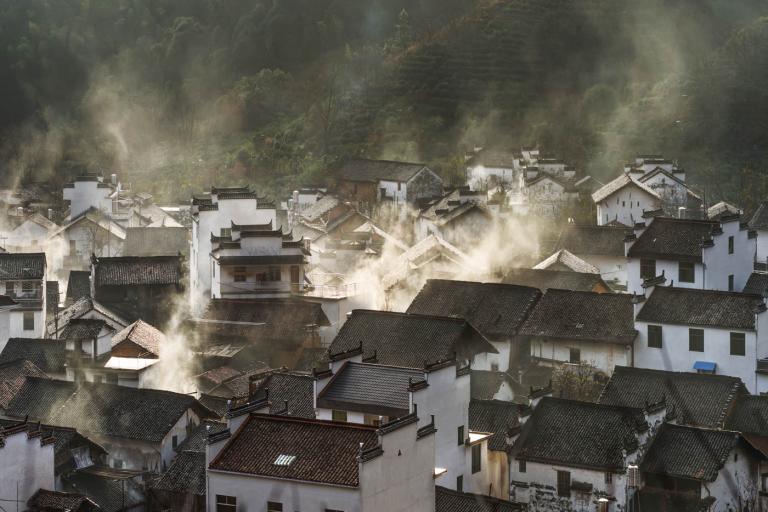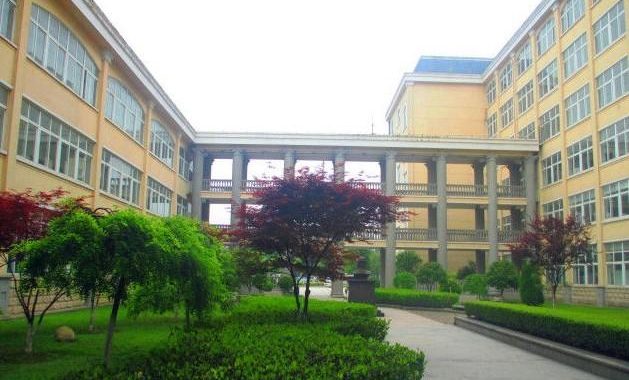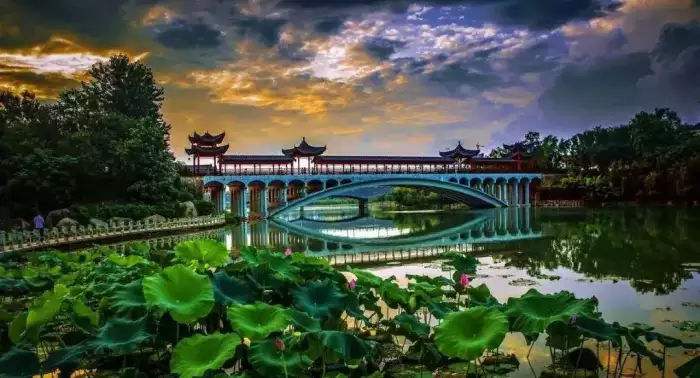Wuyuan: Possibly the Most beautiful countryside
3 min readWuyuan is a county in Jiangxi Province with a long history that formerly belonged to Anhui. Fortunately, Wuyuan has preserved all the charm of ancient Huizhou It is a brilliant green patch of nature and bright pearl of ancient culture on the huangshan Mountain-jingdezhen-Lushan Mountain route so popular with international tourists. Wuyuan is rich in resources for ecotourism, with 2, 400 square kilometers of forested land, accounting for 82% of the total area of the county. people say of the area that it is 8. parts mountains, l part fields and 0.5 parts waterways and manors.
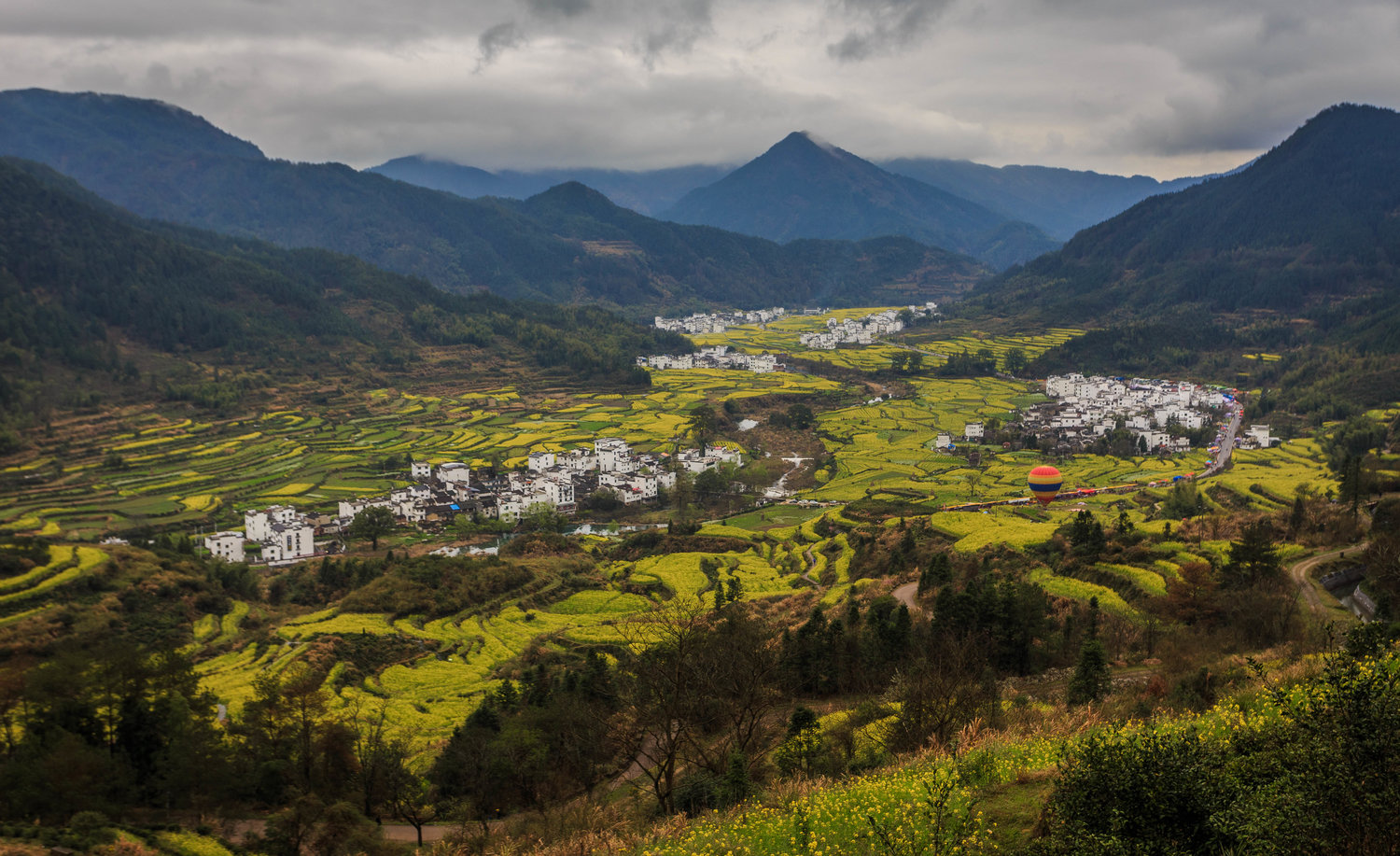
Beautiful scenery can be found wherever one looks in Wuyuan as though it were a giant park. People call it “the most beautiful countryside in China and the last Shangri La. Wuyuan includes a rich store of famous and ancient sites such as the well preserved ancient villages of jiangwan, Wangkou, Sixi, and likeng The green mountains with their lush vegetation and mountain streams alongside the plaster walls, black tiles and upturned eaves of the houses form a perfect picture of tranquility and harmony between man and nature. The Ming and Qing buildings with their plaster walls, black tiles and upturned eaves, plus the stone paths and bridges and tier after tier of terraced fields make the visitor feel as though he is totally immersed in a traditional chinese painting.
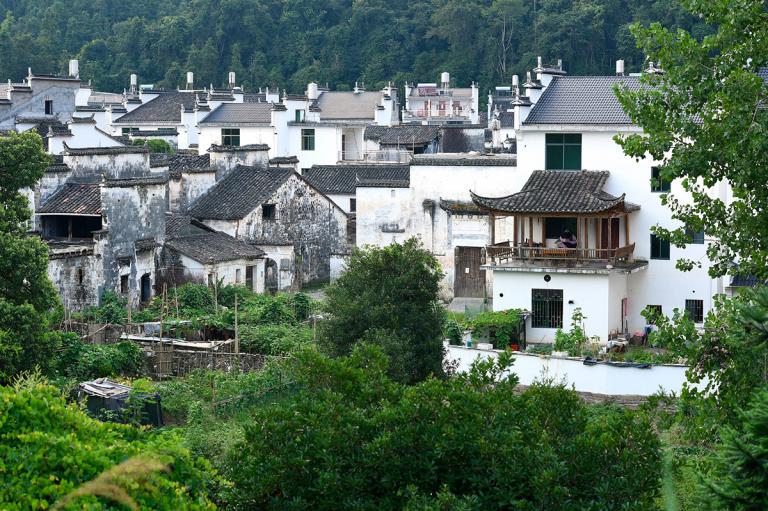
Wuyuan not only has beautiful scenery that rivals a painting, but has also long been known as the literary place and has a thriving literary feel. In ancient times it was said, the sound of reading coming from the straw huts, people putting down their work to sit for an examination. From the Song to the Qing dynasty, 550 people from the village passed the highest imperial examination and 2, 665 people served as officials. An old saying goes, “A household had nine members passing the imperial examination and four of the y s six ministers had studied here. Wuyuan scholars and authors produced over 3,100 works, 172 of which have been included in the Complete library of the Four branches of Literature. The people of an area are influenced by the local conditions, and the literary and academic spirit has continued here for generations, producing many outstanding persons, such as the writer Zhu bian, the philosopher, educator and Neo-Confucianist zhu Xi, Ming Dynasty seal carver He Zhen, Qing Dynasty confucian classicist jiang Yong scientist Qi Yanhuai, “father of the railway, Zhan Tianyou, and modern medical expert Cheng Menxue. All of them have emerged from Wuyuan and gone out to China and the world.
Products of Wuyuan are famous in China and overseas. The local products, typified by four colors (red, green, white, and black) and four things from the past (ancient villages ancient caves, ancient buildings, and ancient culture), have a long history and unique cultural character. Red is for the treasure of the water, the purse red carp This to eating it, the fish is used in medicines and in carp ponds for their visual beauty: on fish, which has been selected for state banquets, is tender and flavorful, but in additi Green is for Wuyuan green tea, which has become famous far and wide for its color, good fragrance, good viscosity, and pleasing taste. black is for the dragon tail inkstones which are famous around the world because of the way they ring like copper, have the color of iron, have a hard and smooth surface, and are excellent for making ink. White is for the jiangwan snow pears, which are large, fleshy, crisp, sweet, and flavorful, a premium fruit variety. The area is also known for folk handicrafts such as jialu decorative umbrellas, woven bamboo, embroidery, wooden carvings and root sculptures, as well as for Qinghuawu liquor, special fish dish, shitake mushrooms, dried bamboo shoots and dried wild vegetables, all of which make excellent gifts for friends and relatives.
Wuyuan is rich in folk arts. The elegant Anhui opera is one of the sources of Beijingopera. The ancient Nuo dance has been called the “living fossil of ancient dance, the Taige art of Jialu Village is said to be a skill unique to China and the unique tea ceremony is enchanting.
